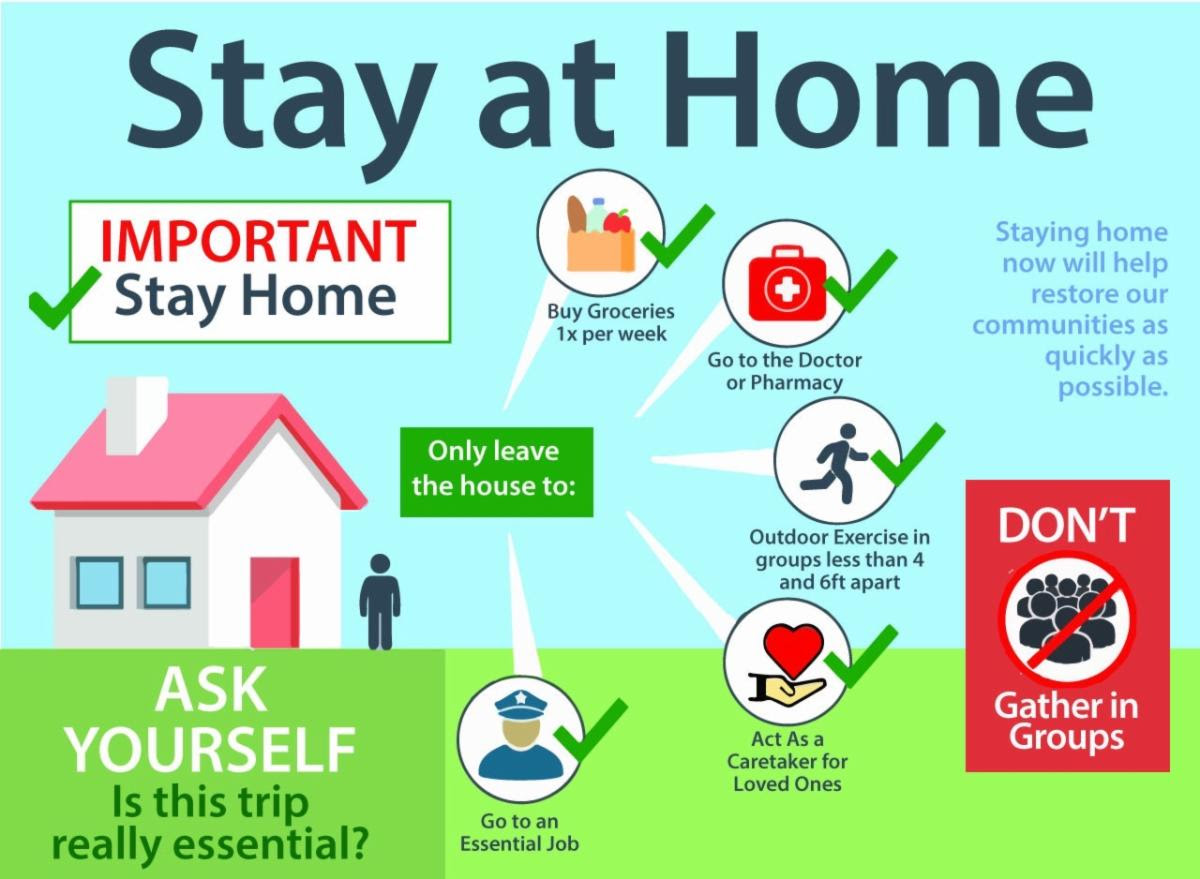Last month, the IRS announced that certain taxpayers generally have until July 15, 2020, to file and pay federal income taxes originally due on April 15. The IRS has extended this relief to additional returns, tax payments and other actions. As a result, the extensions generally now apply to all taxpayers that have a filing or payment deadline falling on or after April 1, 2020, and before July 15, 2020. The extensions apply to many forms and tax payments made by tax-exempt organizations, including:
Form 990-series annual information returns or notices (Forms 990, 990-EZ, 990-PF, 990-BL, 990-N (e-postcard))Forms 8871 and 8872
Form 5227
Form 990-T
Form 1120-POL
Form 4720
Form 8976
See Notice 2020-23 and Rev. Proc. 2018-58 for more information, including a complete list of affected forms, tax payments and other time-sensitive actions.
IRS operations during COVID-19: mission-critical functions continue
In response to the coronavirus (COVID-19) crisis, the IRS is continuing with mission-critical activities for the nation but is limiting some operations. To protect the public and employees, and in compliance with orders of local health authorities around the country, certain IRS services such as live assistance on telephones, processing paper tax returns and responding to correspondence are extremely limited or suspended until further notice. As a result, the following services related to Tax Exempt and Government Entities are suspended until further notice:
Telephone customer accounts servicesSome updates to Tax Exempt Organization Search
The IRS strongly urges taxpayers applying for recognition of exempt status under IRC Section 501(c)(3) to use the electronically-submitted Form 1023 or, if eligible, the Form 1023-EZ.
IRS.gov remains the best source for tax law questions. Continue to visit IRS.gov and our Charities and Nonprofits page for information, news, and educational resources about charities and other tax-exempt organizations. Refer to Revenue Procedure 2018-32 for more information for grantors and contributors to tax-exempt organizations on deductibility and reliance issues.
IRS updates on COVID-19 related issues are posted on IRS.gov/coronavirus.
The Families First Coronavirus Response Act (Families First Act) and The Coronavirus Aid, Relief, and Economic Security (CARES) Act
The Families First Act and the CARES Act provide considerable relief for exempt organizations, including grants, loans, tax credits, and other assistance.
Visit IRS.gov/coronavirus for the latest information about eligibility details and other requirements for the tax provisions under these Acts.
Acceptance of imaged and digital signatures and the electronic transmission of documents
As part of the response to the COVID-19 emergency, the IRS will temporarily allow employees to accept:
Images of signatures (scanned or photographed) and digital signatures on documents related to the determination or collection of tax liabilityDocuments via email and to transmit documents to taxpayers using SecureZip or other established secured messaging systems
Annual revenue procedures
2020-12020-2
2020-3
2020-5
Notable updates:
Added Section 2.04, which announced the electronic Form 1023.
Amended Section 6.08(2) to add that an organization applying for recognition of tax-exempt status after 27 months from formation under Section 501(c)(3) can’t use Form 1023-EZ if it seeks an effective date earlier than the submission date, but instead must file a Form 1023.
Amended Appendix A to reflect determination letter user fees as of July 1, 2020.
2020-0Notable update:
Amended Section 6.08(2) to add that an organization applying for recognition of tax-exempt status after 27 months from formation under Section 501(c)(3) can’t use Form 1023-EZ if it seeks an effective date earlier than the submission date, but instead must file a Form 1023.
Amended Appendix A to reflect determination letter user fees as of July 1, 2020.
2020-0Notable update:
- Modified Rev. Proc. 2020-5 to provide that Form 1023 must be submitted electronically online at pay.gov. However, paper submissions of Form 1023 will be accepted if postmarked on or before April 30, 2020.
New mailing addresses for Form 941The mailing addresses for paper Form 941 have changed. Avoid delays by checking pre-printed envelopes to ensure the address is correct. You can also file and pay electronically for faster processing.
EO Internal Revenue Manual revisionsIRS recently obsoleted 57 Exempt Organization Internal Revenue Manual (IRM) sections, which are being converting to Technical Resource Guides. Information from these IRM sections can still be found on IRS.gov using the “Search” feature.








